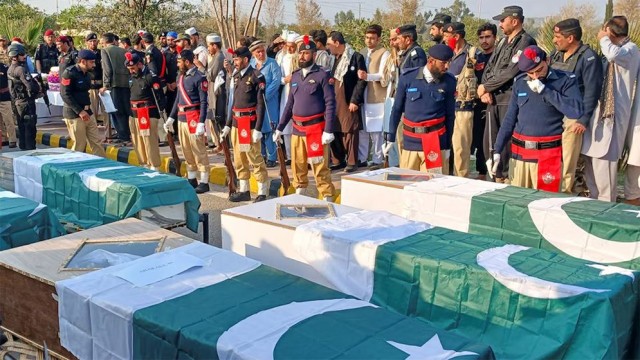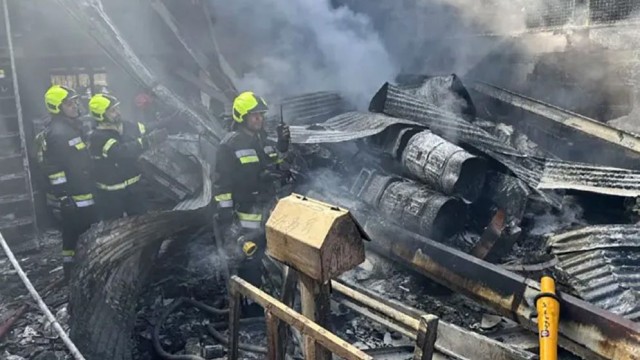The United States is set to increase its military presence in the Middle East by deploying additional warships and fighter jets to safeguard its personnel and defend Israel, as announced by the Pentagon on Friday.
This move follows vows of retaliation from Iran and its regional allies for the killings of a Hamas leader in Tehran and a Hezbollah commander in Beirut, escalating concerns of a broader conflict in the region.
"The Department of Defense continues to take steps to mitigate the possibility of regional escalation by Iran or Iran's partners and proxies," stated deputy Pentagon Press Secretary Sabrina Singh.
"Since the horrific Hamas attack on Israel on October 7, the Secretary of Defense has reiterated that the United States will protect our personnel and interests in the region, including our ironclad commitment to the defense of Israel."
The USS Abraham Lincoln aircraft carrier strike group will replace the USS Theodore Roosevelt in the region. Defense Secretary Lloyd Austin has also ordered additional ballistic missile defense-capable cruisers and destroyers to the Middle East and areas under US European Command, along with a new fighter squadron.
Israel recently killed Hezbollah commander Fuad Shukr in Beirut, in response to rocket fire on the Golan Heights. Hours later, Hamas leader Ismail Haniyeh was killed in Tehran, an attack on which Israel has not yet commented.
A source close to Hezbollah revealed that Iranian officials met with representatives of the "axis of resistance" in Tehran to discuss their next steps, considering either a simultaneous or staggered response from Iran and its allies.
In April, Iran launched its first direct attack on Israeli soil with drones and missiles following an Israeli strike that killed Revolutionary Guards at Tehran's consulate in Damascus, with American forces aiding in Israel's defense.
"The United States' global defense is dynamic, and the Department of Defense retains the capability to deploy on short notice to meet evolving national security threats," Singh said, emphasizing the U.S. focus on de-escalating regional tensions and pushing for a ceasefire to end the war in Gaza and bring hostages home.































Comment: